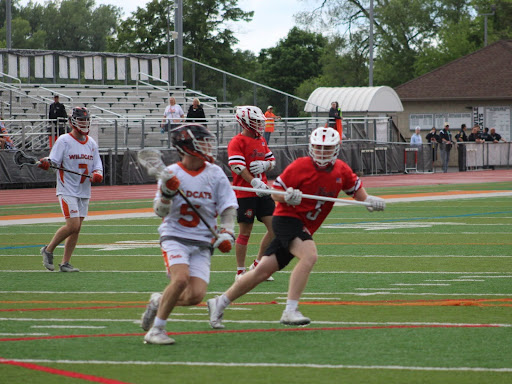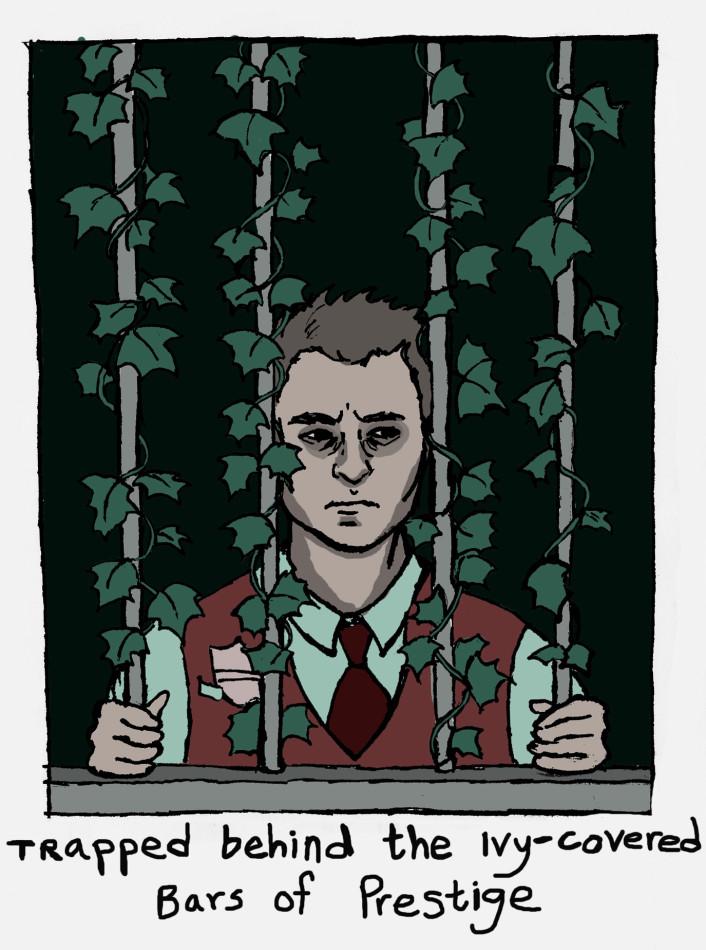The description of “success” is one that has bound itself to contention. Often, and perhaps regularly, we are sure to ask ourselves: where and to what extent will I find my ultimate achievement? As students considering the future of our intellectual, social, and emotional being, the debate over what it means to be successful is frightening and near.
The truth of the matter is, our social paradigm is defined by economic and status-based distinction. This means three things: students are taught to compete, to succeed, and to flaunt their level of achievement (this last one may be less readily received but is inevitable given the former).
Our recognition of superiority is perhaps most evidently displayed in the sector of university education. For many students, the decision as to where to continue one’s scholastic adventure is, unfortunately, steered far too seriously by the reputation of a particular school. Here, the student must make arguably the most critical decision of their life (one that often establishes a career), and yet sometimes the most pressing concern is that of whether or not the university brands an acceptable air of prestige. If you hold the perception that an admittance to Harvard is the ultimate ratification of your personal self-worth, I urge you to reconsider.
Our first concern is associated with a compromise in confidence. Perhaps one of the most valuable assets a student can have is a sense of assurance in their talents and a certainty that through these, they can achieve all aims. In clinging to the theory that the name of a school is detrimental to one’s future success, a student disposes of the inner confidence that often drives entrepreneurialship, innovation, and creative progress. The mentality that the “Ivys” are a singular and direct mode to the worthy application of one’s skill will inevitably devaluate the very ability that makes a student talented in the first place.
The next deals with the fact that prestigious universities often stifle students’ individuality. As cynical as it may seem, the majority of elite schools place much more emphasis on the output of wealth than they do on the cultivation of young people as complex, proprietary creatures. As professor of politics and international affairs at Princeton University Anne-Marie Slaughter put it, “Innovation requires creativity; entrepreneurship requires a willingness to break the rules. The jam packed, highly structured days of elite children are carefully calculated to create Ivy League-worthy resumes. They reinforce habits of discipline and conformity, programming remarkably well-rounded and often superb young people…These are the students that I see in my Princeton classes; I am often in awe of their accomplishments and teaching them is a joy. But I strongly suspect that they will not be the inventors of the next ‘new thing.’”
Further, with the mindset that students must maintain excellence in every subject, universities misplace the individual as beings whose gifts are not necessarily uniform. With so much focus on high achievement, one may be forced to spend less time and energy on what they are good at and more in areas where they lack passion or obvious expertise.
And finally there are the logistical losses, such as cost and invested time. The excessive and incomparable financial investment that comes with an elite education is enough to deter any prospective applicant. It is also essential to consider the fact that the quality of education and rate of student achievement is by no means bound to the upper echelon schools. I, for one, can name countless “successful” people whose fame is not tied to Princeton or Yale.
Furthermore, if it is true that a student can reach their goals without an elite degree (and perhaps out of their own motivation and ingenuity), then the amount of time such students are forced to spend behind bars begins to appear inane.







